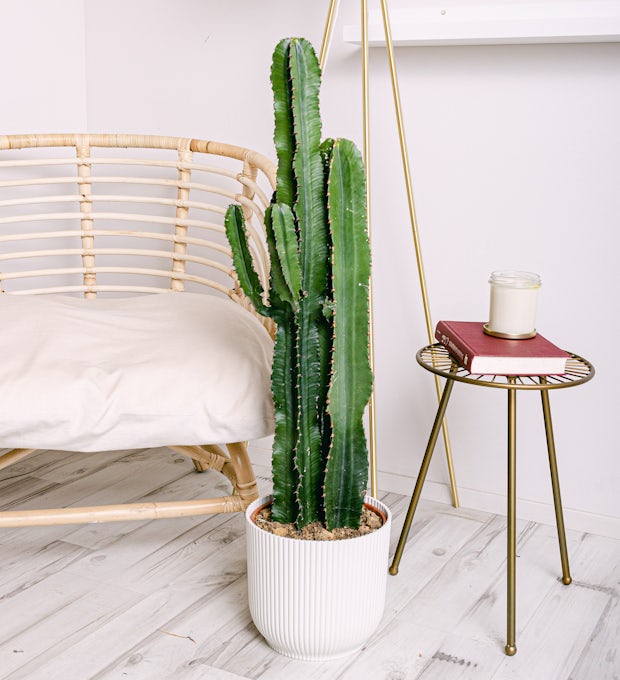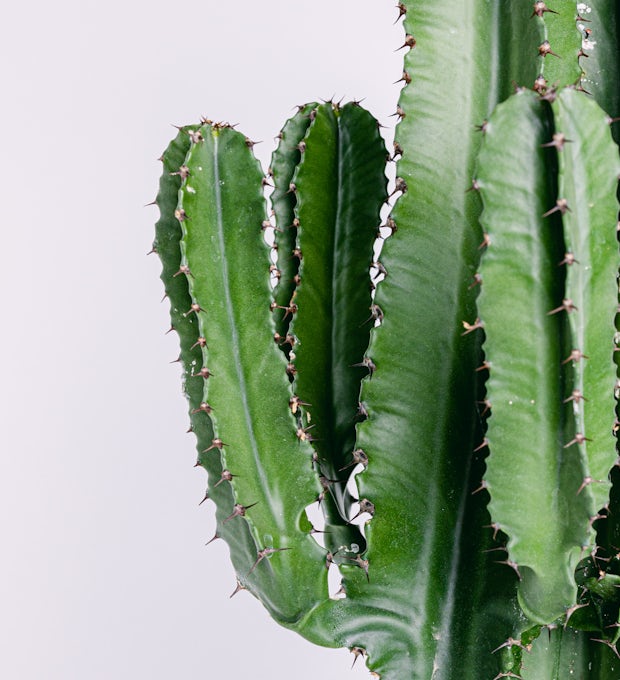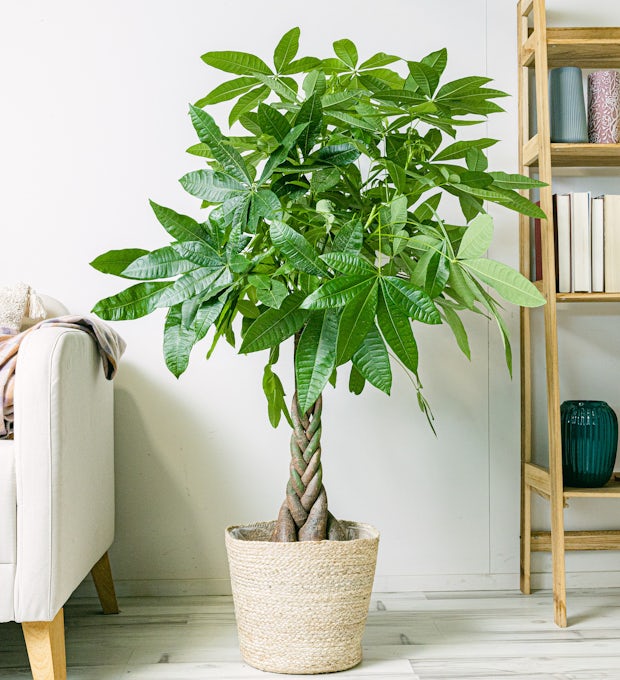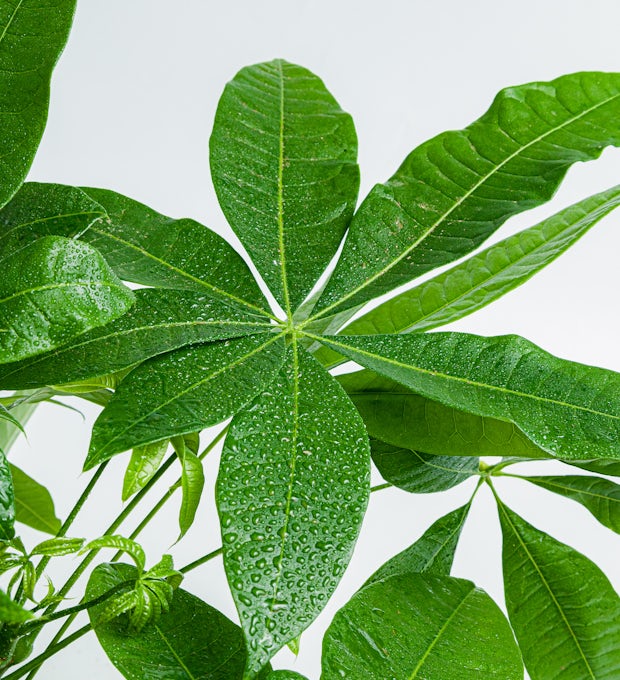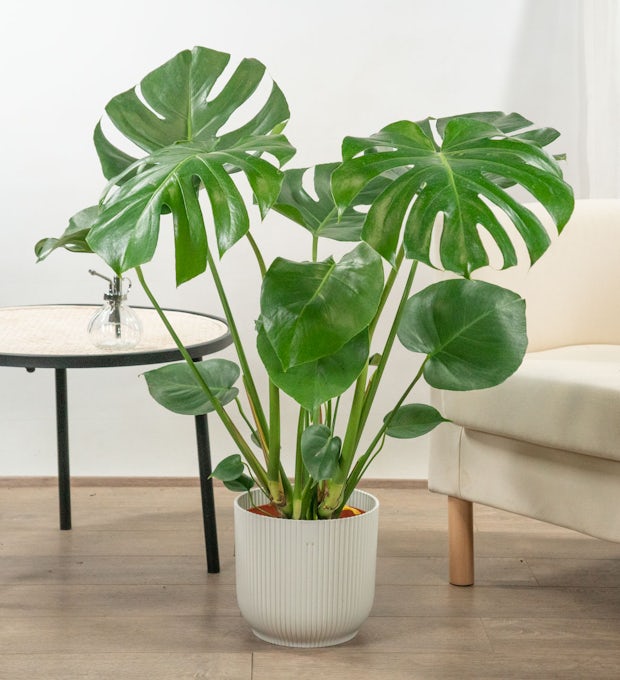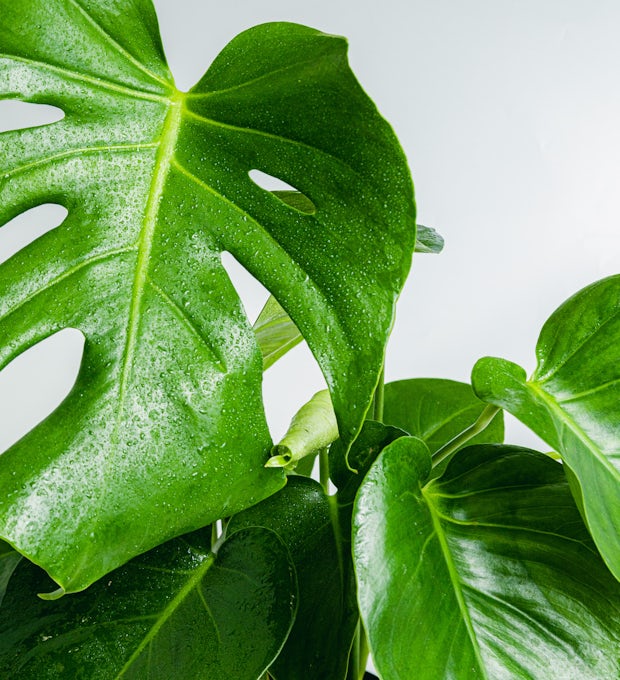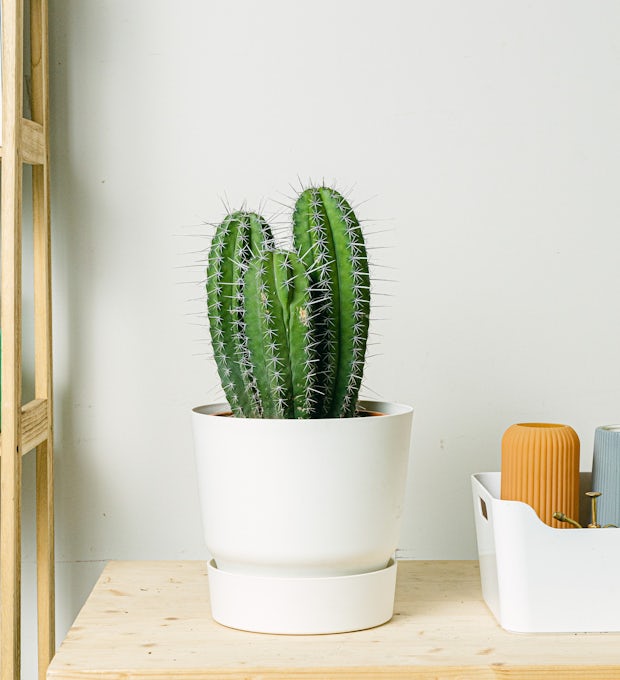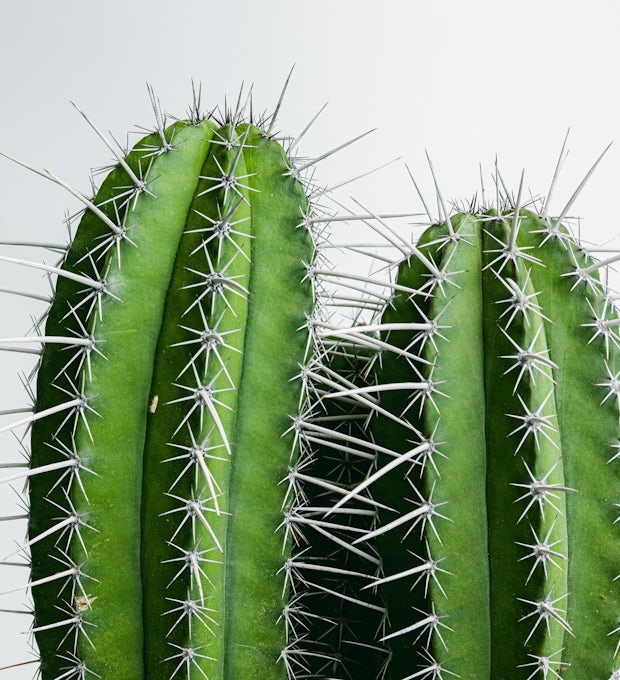Do you have pets at home and love to fill your home with plants? Do not worry! In this ultimate guide to safe houseplants for your furry friends, you'll discover everything you need to know to maintain a green and cheerful environment without putting the health of your adorable companions at risk. Join me as we explore the plants to avoid, the safe and beautiful alternatives, as well as the care and tips to keep our plants protected. In addition, we will learn how to prevent our pets' access to dangerous plants and the benefits they bring to their health. Get ready to discover creative ideas for decorating with plants without putting your pets at risk!
The Importance of Choosing safe plants for Your Pets
When we have pets at home, their safety and well-being are our top priority. That's why choosing safe plants for our furry friends is vitally important. Many houseplants can be toxic to dogs and cats, causing everything from stomach upset to severe poisoning. Seeing our pets sick and suffering the consequences of a dangerous plant can be heartbreaking. Therefore, it is essential to inform ourselves about the plants that we can have in our home without taking unnecessary risks. By doing so, we ensure a safe and healthy environment for our pets, where they can explore and play without jeopardizing their well-being. In addition, by choosing safe plants, we avoid the stress and constant worry of having to constantly keep an eye on our pets so that they do not get close to harmful plants. In short, taking care of our pets also means taking care of their environment, and choosing safe plants is an important step in that direction.
Houseplants That Are Toxic to Dogs and Cats
It's important to note that not all houseplants are safe for our pets. Some can be toxic and pose a danger to curious dogs and cats. Among the plants to avoid are lily, aloe vera, Boston fern, and English ivy. These plants contain toxic substances that can cause anything from skin irritation to more serious gastrointestinal problems if ingested. It is essential to be informed about the plants we have in our home and make sure that they are not harmful to our beloved furry companions. If you have doubts about a particular plant, it is advisable to consult with a specialist or veterinarian for accurate information. Remember, the safety of our pets should always be our priority.
We ship plants to all locations, you can see more options here.
Safe and Beautiful Alternatives: non-toxic plants for Your Pets
If you're a plant lover and also have pets at home, it's important to consider which houseplants don't pose any danger to your furry friends. Fortunately, there are many safe and beautiful alternatives that you can include in your home without worrying about your pets' health. These include the bamboo palm, African violet, spider plant, and Boston fern. Not only are these plants harmless to dogs and cats, but they can also add a touch of natural beauty to your space. Additionally, some of these plants have air-purifying properties, which can be beneficial for both you and your pets. There's nothing more comforting than watching your pets enjoy a safe and healthy environment while you revel in the sight of your blooming plants. So don't hesitate to incorporate these safe and beautiful alternatives into your home, your pets will thank you!
We ship plants to all locations, you can see more options here.
Care and tips to keep plants safe in your home
When it comes to having plants in our home and keeping our pets safe, it's important to take a few precautions. One of the first things we should do is research the plants we have or want to acquire, to make sure they are not toxic to our furry friends. In addition, it is essential to place plants in places that are inaccessible to them, such as high or hanging shelves. We can also use pots with safety locks or grids to prevent our pets from accessing the soil or biting the leaves. Another option is to create physical barriers around plants using mesh or fencing. In addition, we must be careful with the chemicals we use for plant care, such as fertilizers or pesticides, as they can be dangerous if ingested by our pets. It is advisable to opt for natural and organic products, or use alternative methods of plant care. Finally, it is important to observe the behavior of our pets when they are near plants and be on the lookout for any signs of discomfort or intoxication. If you notice any worrying symptoms, you need to go to the vet immediately. By following these tips and maintaining a safe environment for our pets, we can enjoy the beauty of the plants in our home without putting them at risk.
How to Prevent Pets from Accessing Dangerous Plants
Keeping our pets safe is a priority for all animal lovers. And when it comes to houseplants, it's important to take steps to prevent them from accessing those that may be dangerous to them. A simple way to prevent our pets from getting close to these plants is to place them in high places or on high shelves. In this way, we will be limiting their access and reducing the risk of them nibbling or ingesting them. Another option is to use hanging planters, which not only add a decorative touch to our home, but also keep plants out of the reach of our curious pets. In addition, it is essential to educate our pets about which areas of the house are forbidden to them. We can do this by using commands such as "no" or "out," and reinforcing appropriate behavior with treats and petting. It is always better to be safe than sorry, so we must be attentive to any changes in our pets' behavior, such as vomiting, diarrhea or lethargy, as they could be signs of poisoning by a toxic plant. If you suspect that your pet has ingested a dangerous plant, it is important to contact your veterinarian immediately to receive the necessary attention. With these simple yet effective precautions, we can ensure the safety and well-being of our beloved pets while enjoying the beauty of our houseplants.
Benefits of having houseplants for your pets' health
Having houseplants at home is not only pleasing to the eye, but it can also be beneficial to the health of our beloved pets. Plants act as natural air purifiers, eliminating toxins and improving the quality of the environment in which we live. This is especially important for our furry friends, as they spend most of their time indoors. Plants help reduce the amount of dust and allergens in the air, which can be beneficial for dogs and cats with respiratory problems or allergies. In addition, some plants have calming and relaxing properties that can help reduce stress and anxiety in our pets. The simple act of caring for plants can also be a fun and stimulating activity for them, as it allows them to explore and discover new smells and textures. However, it is important to remember that not all plants are safe for our pets, so we must carefully choose the species we introduce into our home. By doing so, we can create a healthy and enjoyable environment for both ourselves and our adorable furry companions.
Creative ideas for decorating with plants without putting your pets at risk
If you're a plant lover and also have pets at home, it's important to find creative ways to decorate with plants without putting your furry companions at risk. Fortunately, there are many safe and beautiful options you can consider. One idea is to hang pots on the ceiling or on high shelves, out of reach of your curious pets. This way, you can enjoy the beauty of the plants without worrying about them being nibbled on or ingested by your furry friends. Another option is to use hanging planters on windows or balconies, where your pets can't easily access. Additionally, you can opt for succulent plants, as many of them are safe for dogs and cats. These plants are hardy and easy to care for, making them an excellent choice for those looking for safe and beautiful décor. You can also consider creating a vertical garden using special panels or structures. These types of gardens are a creative and attractive way to have plants in your home without running the risk of being damaged by your pets. Always remember to do your research and make sure the plants you choose are safe for your pets before incorporating them into your home.
Houseplants can be a beautiful and beneficial addition to our home, but we need to remember that our pets live in that space too. It's important to educate ourselves on which plants are safe and which can be toxic to our furry friends. This ultimate guide to safe houseplants for your pets gives us a comprehensive overview on how to maintain a safe and healthy environment for everyone in our home. By choosing non-toxic plants and following a few simple tips, we can enjoy natural beauty without putting our pets at risk. However, this topic also invites us to reflect on the importance of doing research before buying a plant and educating ourselves on the potential dangers they can pose to our pets. So remember, when decorating with plants, keep your pets in mind and make sure you're making safe choices for everyone
